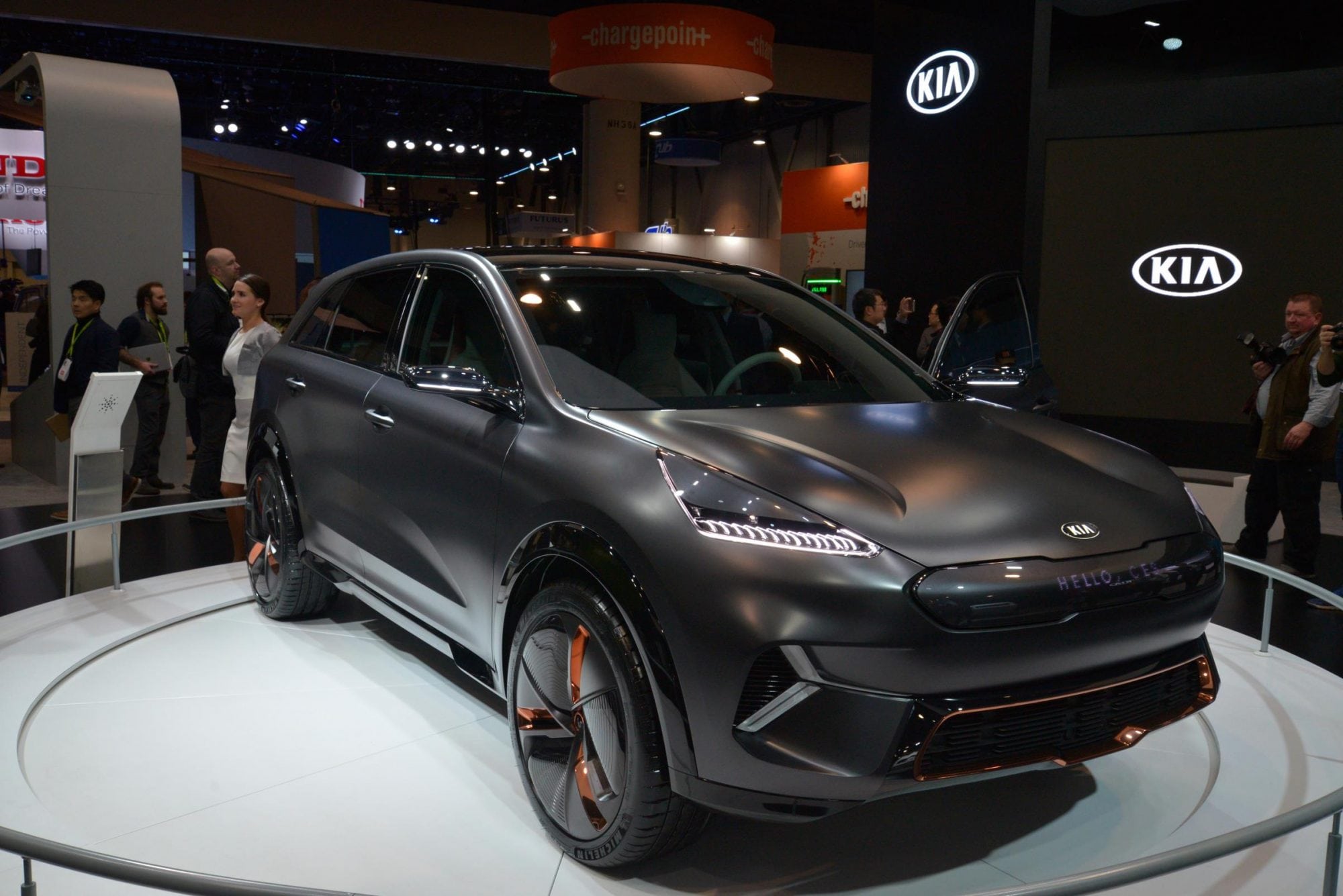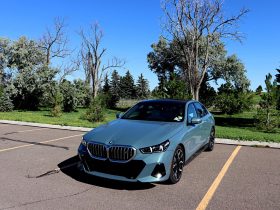In our recent interview with Justin Ashton, one of the co-founders and VP of business development at XL Hybrids, I was surprised to see this veteran company of the electric car renewal doing very well. XL Hybrids has weathered the storms of early years and has an intelligent hybrid add-on conversion for fleet owners.
Fleet Owners and The Electricdrive. Four years ago the hybrid and anything electric scene was much different from what we have today. While the Prius still ruled uncontested, one industry segment that was left behind were fleet owners. If you were a fleet owner, the choice was far and few. Steps in XL Hybrid and their MIT team, which decided to focus on fleets after spending two years scoping out the market, component suppliers and determining what was needed, as well as finding the right price and durability for a hybrid system.
The fleet segment of the automotive industry is obviously different from our regular daily cars. These cars are expected to drive thousand of miles with as little intervention as possible. Gas mileage is calculated in lifespan and a modest 1% increase in fuel economy means hundreds of thousands of fuel budget saved down the road. This segment moves slowly and is all based on bottom line savings.
Steps into the equation a few companies to help fleet owners in 2008. Unfortunately, not too many are left but XL Hybrid survived. What XL Hybrid is delivering is a cheaper alternative regular gasoline vehicles that automakers weren’t. For instance, say you are a fleet owner and need to buy 100 Chevy Express Van or Ford Transit Connect. Fleets need specialized and customized vans to fit their specific needs, which differs greatly from your daily driver. Where XL Hybrids hit the sweet spot for fleet owners is that their conversion doesn’t change the OEM warranty.
XL Hybrid Ship-Thru. Using a modest lithium-ion battery pack rated at 1.8 kWh from Johnson that neatly fits underneath the spare tire, fleet owners can customize their vehicles effortlessly. In order for fleet owners to recoup their investment, they need to figure out how many miles per year will be driven, calculate about 20% of the stated EPA city and target a 3 to 5 year lifespan. A rough idea of how to estimate this would be to calculate $1,500 to 2,000 a year of fuel is 500 gallons, which means 20,000 miles.
To attract fleet owner, it was crucial XL Hybrids offer their conversion by way of ship-thru. Ship-thru is an industry term that allows commercial fleet to order aftermarket products that will appear on the original invoice. In other words, a third-party component can be ordered directly from the manufacturer and installed by a specialized contractor. XL Hybrids finalized an agreement with Leggett&Platt, as well as two other ship-thru up-fitters. This allows the company to process 50,000 vehicles a year. The installation takes about 6 hours, which is another strong selling point with XL Hybrid. All a fleet owner needs to do is add the hourly labor rate and that’s it.
As far as competition, alternative fuel options, CNG, Propane are the only real competition but in this field, the more the merrier. So why aren’t automakers investing more in fleets with their eco engines? It boils down to volume before automakers do something. Volume is with private cars, not fleets.
What’s so special about XL Hybrid’s system? Easily installing a hybrid system on fleets reduces fleet owner’s risk of volatile fuel price fluctuations while reducing emissions. What this eventually means for consumers is less fuel money spent on transporting goods and hopefully a reflection on the final shelf price. This year has been important for the company as it rings in new customers. We are happy to see XL Hybrids alive and well and look forward to their continued success.






